Strong female roles in Pakistani cinema help women speak up against rape, injustice
Pakistani women discuss injustices in the wake of the #MeToo campaign
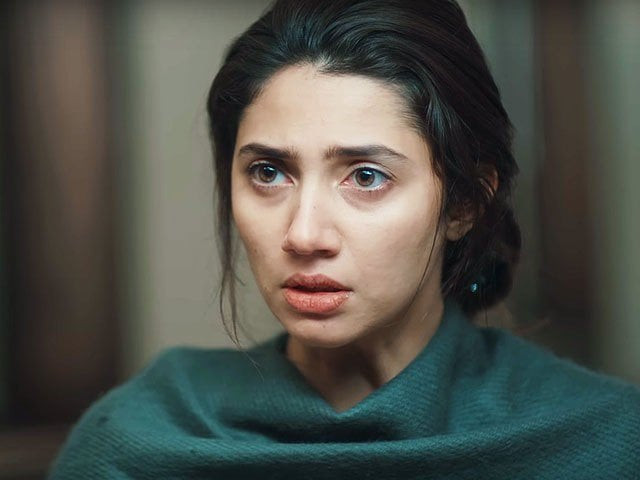
PHOTO: SCREENGRAB
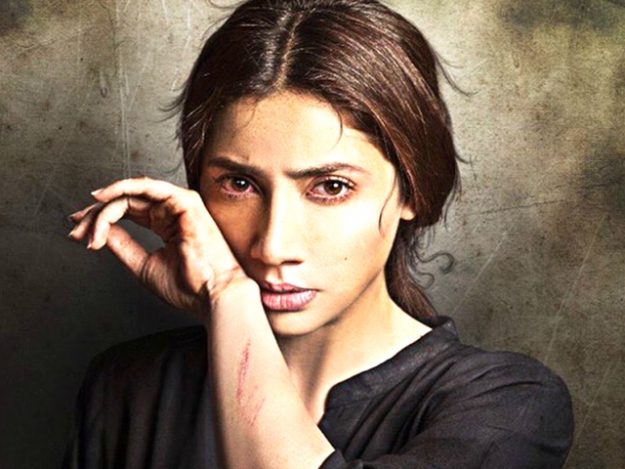 PHOTO: FILE
PHOTO: FILEOvercoming the initial ban imposed due to the content, Verna has allowed Pakistani women to tap into the viral #MeToo campaign to expose sexual predators and create a platform for other victims as well. While the Pakistani film industry struggles to maintain itself, Verna has come at a perfect time to talk about such issues that prevail in the society.
Mahira Khan who essays the role of a teacher in Verna is abducted and repeatedly raped by a political figure in the country. After failing to get justice from the police and the court, she takes matters into her own hands.
The Pakistan's Central Board of Film Censors initially imposed a ban on the film stating that it had "edgy content" that was defaming state institutions. However, due to public protest and extensive news and social media coverage under the hashtag #UnbanVerna, the film garnered a lot of attention and forced the censor board to lift the ban. It managed to do fairly well at the box office as well.
In the wake of sexual allegations against Harvey Weinstein and other prominent Hollywood figures, many Pakistani women also took to social media to tell their stories of rape and assault.
A Pakistani filmmaker based in Los Angeles, Iram Parveen Bilal publicly praised the film saying, "It’s so ironic that at the heels of a global #MeToo movement, a fictional piece about a rape survivor fighting with authorities is banned, bringing the problem even more to the forefront of debate in Pakistan."
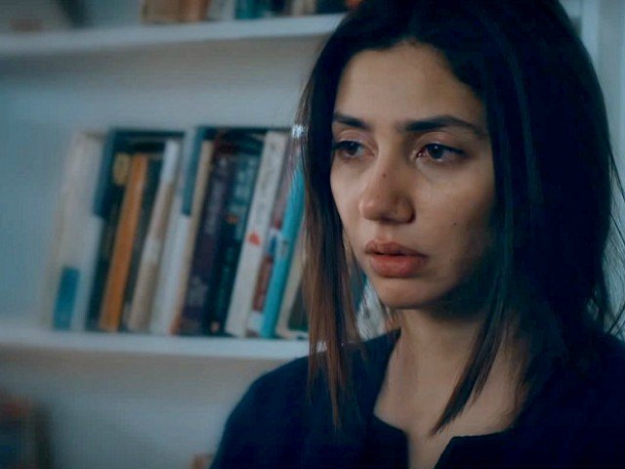 PHOTO: SCREENGRAB
PHOTO: SCREENGRABEven Mahira herself stated that the film sent a message that staying silent on such matters wasn't an option anymore. She stated, "That’s what my character in the film does, she speaks out — and that’s what Pakistani media, audiences, social media users and fans have done by asking for the film to be unbanned."
Making her debut opposite Shah Rukh Khan earlier this year, the censor board objected her film because it dealt with political and sexual inequalities in the Pakistani society and how the victims have go through a lot of hassle in order to get justice.
The film also serves as a reflection of Mukhtaran Mai's story, who was gang-raped in 2002 as a punishment for her brother's affair with a woman. Unlike other rape victims in rural areas who end up committing suicide, Mukhtaran pressed charges against her attackers and became an international symbol for women's rights. However, her fight for justice has also earned her a few enemies such as Pervez Musharraf who stated that crying rape was an easy way to make money and get a foreign passport.
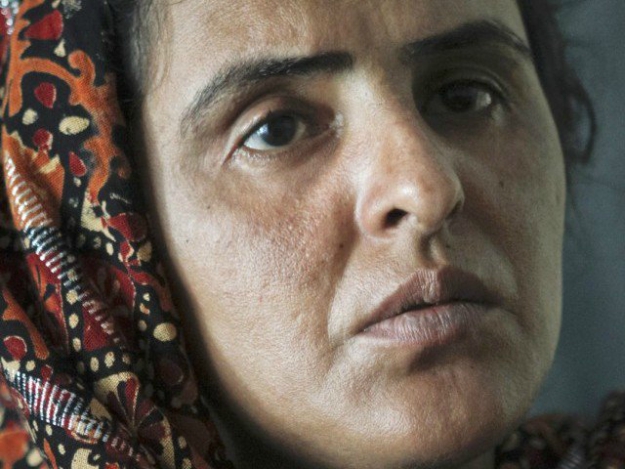 PHOTO: REUTERS
PHOTO: REUTERSIram stated, "There is always a reaction to a strong woman who wants to fight, who wants to go public with injustice, whether it’s a real Mukhtaran Mai or a fictional representation of someone like her. But what is important is that people in Pakistan are ready to talk about and tackle these issues."
There have also been other Pakistani films that have addressed similar issues. Saving Face - about the victim of an acid attack - and A Girl in the River - about a survivor of an attempted honour killing - by Sharmeen Obaid-Chinoy have managed to receive Academy Awards. The director of Verna, Shoaib Mansoor has also previously produced films like Khuda Ke Liye and Bol that dealt with religious extremism and the plight of transgenders.
While the uplifting of the ban on Verna is seen as a victory for women's rights, few analysts also think that this could turn the tide for the Pakistani film industry that has been in a decline for a decade.
Prior to the reign of former military dictator Zia-ul-Haq, Pakistan was one of the top 10 film producing countries in the world making more than 100 feature films each year. However, the industry collapsed with barely 20 films a year released by 2005 as confirmed by Pakistani film historian Aijaz Gul.
After the much-needed lift from the success of Khuda Ke Liye in 2007, people flocked to the cinemas yet again demanding the government to lessen the restrictions on screening Indian films - which was banned in 1965. These movies then saw large crowds creating the need for more cinemas in the country. According to Cinema Owners Association, Pakistan now has over 100 cinema screens.
Filmmaker Hasan Zaidi was a part of establishing the Kara Film Festival in 2001 to avoid the film industry from dying. He stated, "Every two years, one film does really well," however, the industry is still far from reaching its peak. There is under-investment and a lack of government support.
He further added that films like Verna are not the answer. "These types of films come out every now and then, and they raise all the right issues which is great. But what the industry really needs for a revival are films that make money. Right now, more than content, it is a question of survival," explain Hasan.
Have something to add to the story? Share in the comments below.


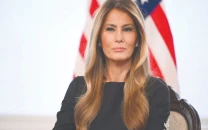


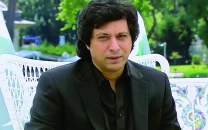













COMMENTS
Comments are moderated and generally will be posted if they are on-topic and not abusive.
For more information, please see our Comments FAQ